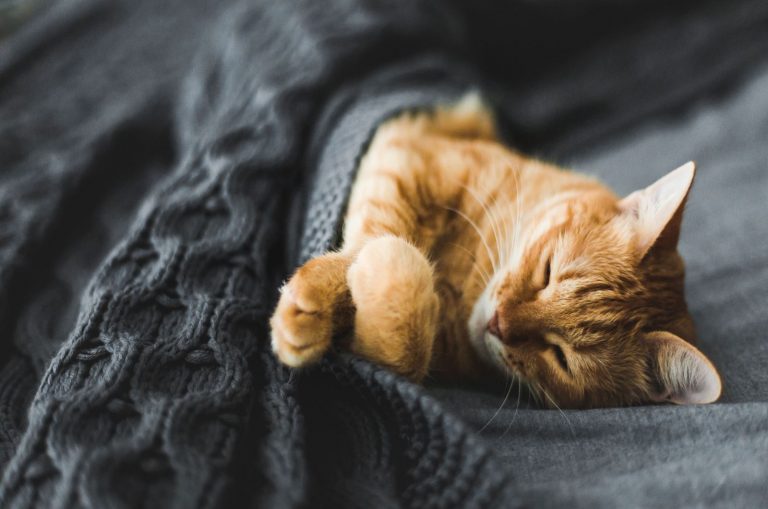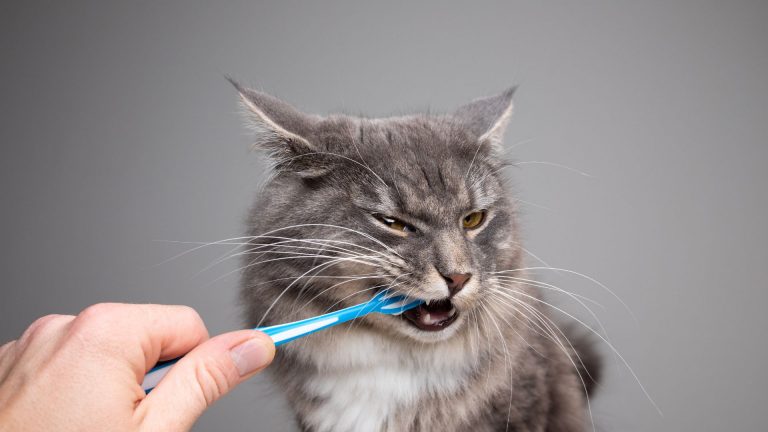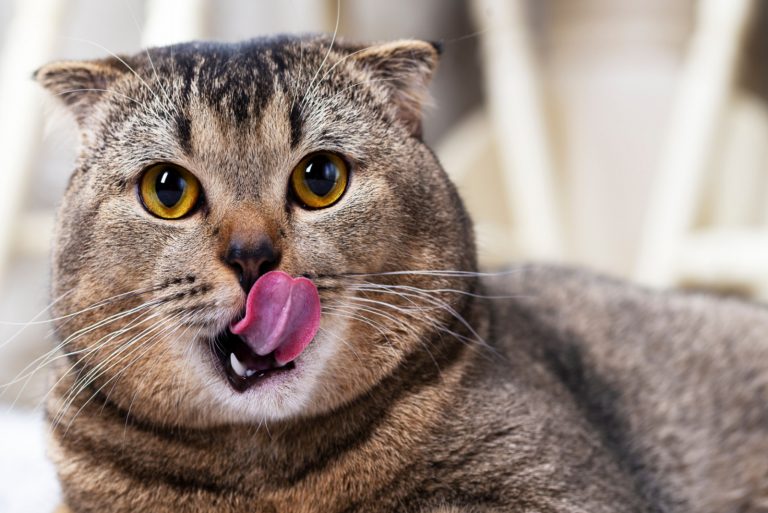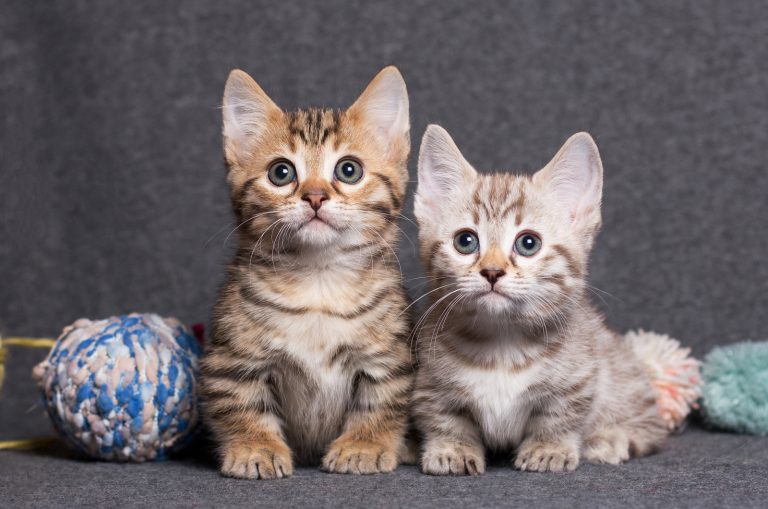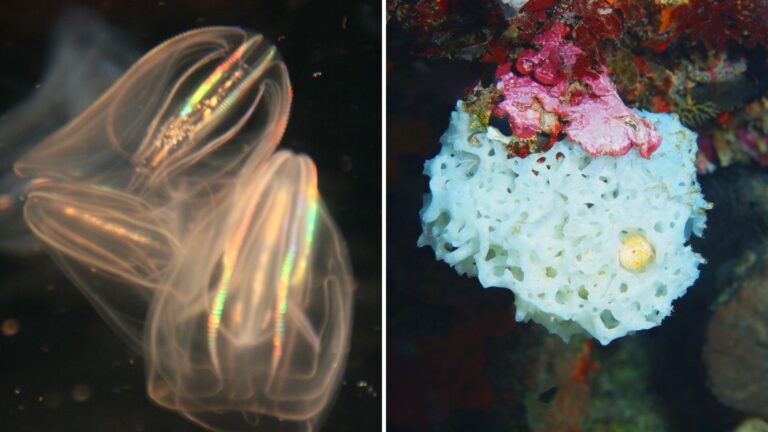Cat Died After A Bath: Is Bathing To Blame Or Something Else?

You might have heard somewhere that a cat died after a bath and are now wondering what happened? Did the cat die because of the bath, or was there another cause of the cat’s death?
Let’s clear something up right away: In the vast majority of cases, the cat did not die due to being bathed, but due to an underlying medical issue that the cat owner was most likely unaware of!
In this article, we will explore all the potential causes of a cat’s death after a bath, so make sure to read on!
My Cat Died After A Bath: What Could Have Caused This?
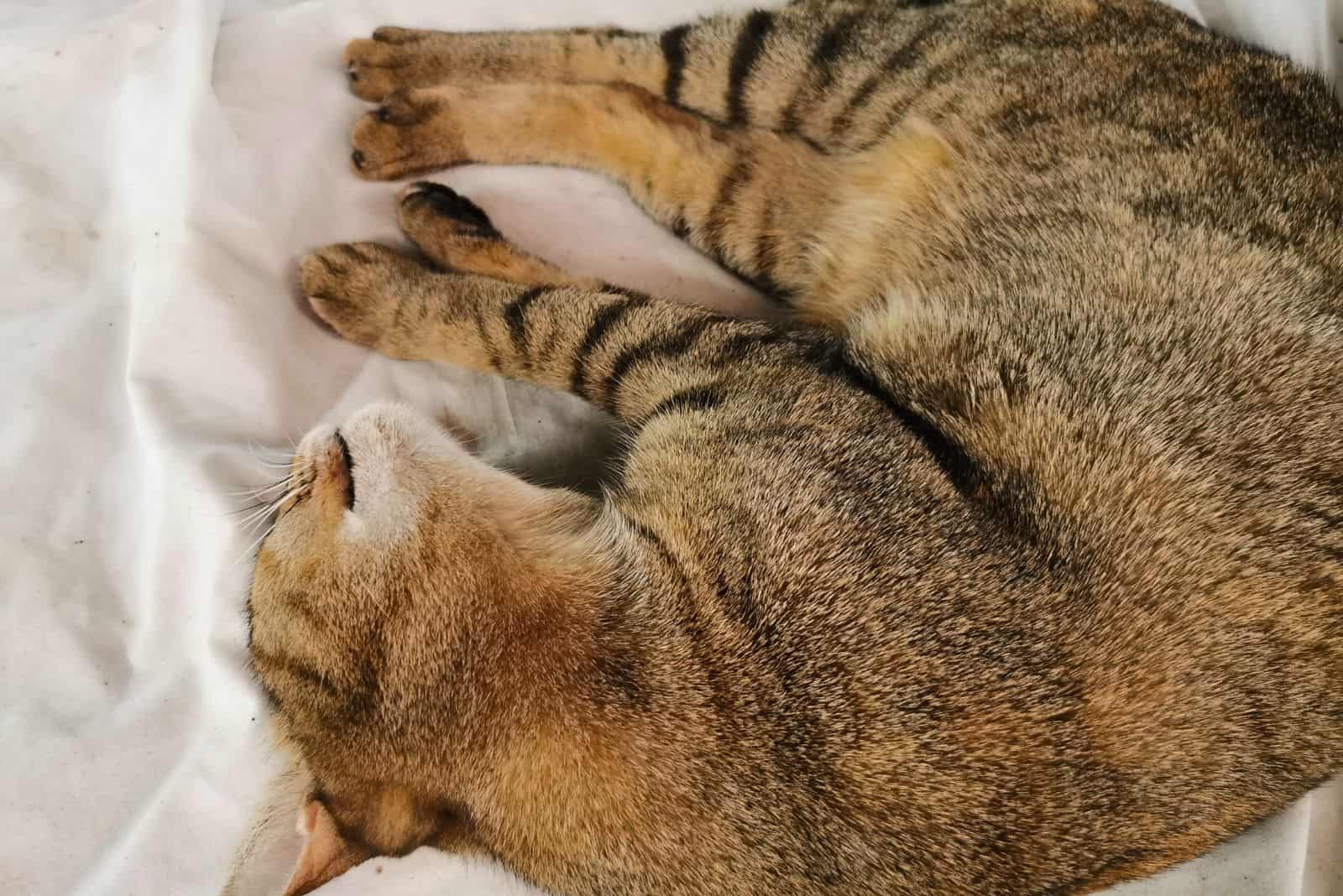
Some possible causes of death following a bath could include:
• Heart problems
• Hypothermia or hyperthermia
• Adverse reaction to the shampoo
Let me make this very clear – it’s very unlikely that a cat would die solely due to a bath!
It is more likely that the cat had an underlying medical condition or experienced a complication during the bath that led to its death.
Now, let’s go into more depth about each of the potential causes of death of a cat after a bath.
Potential Cause No. 1: Heart Problems
If the cat had an underlying heart condition, the stress of the bath and the changes in its environment could have caused a cardiac event (a heart attack).
Unfortunately, heart issues often lead to sudden death in felines, and many of these sudden deaths are caused by stress.
In some cases, cats can experience sudden death from a condition called feline cardiomyopathy, which is a heart muscle disease that can be caused by stress.
A number of cats I come across have undiagnosed heart issues, so a cat dying from a cardiac arrest is not so rare for us veterinarians.
Potential Cause No. 2: Adverse Reaction To A Shampoo
Some shampoos may contain ingredients that are toxic to cats or that can lead to serious health problems.
If a cat ingests even a small amount of a toxic shampoo, it could potentially lead to serious illness or even death.
The biggest issue I come across is pet owners using human shampoo on their felines. This should be avoided at all times! In severe cases, using a human shampoo on a cat could potentially cause serious illness or death.
Using cat-safe shampoo is important because it can help protect your cat from any harsh chemicals that may be found in human shampoos.
Potential Cause No. 3: Hypothermia Or Hyperthermia
Hypothermia means the cat’s body temperature has dropped below the normal level, while hyperthermia means the opposite – that the cat’s body temperature has become elevated above the normal levels.
Both conditions can be equally serious and potentially life-threatening.
I’m sure you’re now wondering how a cat can develop hypothermia or hyperthermia when having a bath:
• A cat can become overheated during a bath if the water used is too hot and the cat has been left in the bath for too long
• A cat can become too cool if the water used is too cold and the cat has been left in the bath for too long
However, I must note that this is not a common occurrence.
In fact, I’ve never had a cat owner come in with a cat that developed hypothermia or hyperthermia due to improper temperature during bathing or not being dried on time.
Causative Agents Of Sudden Death In Felines
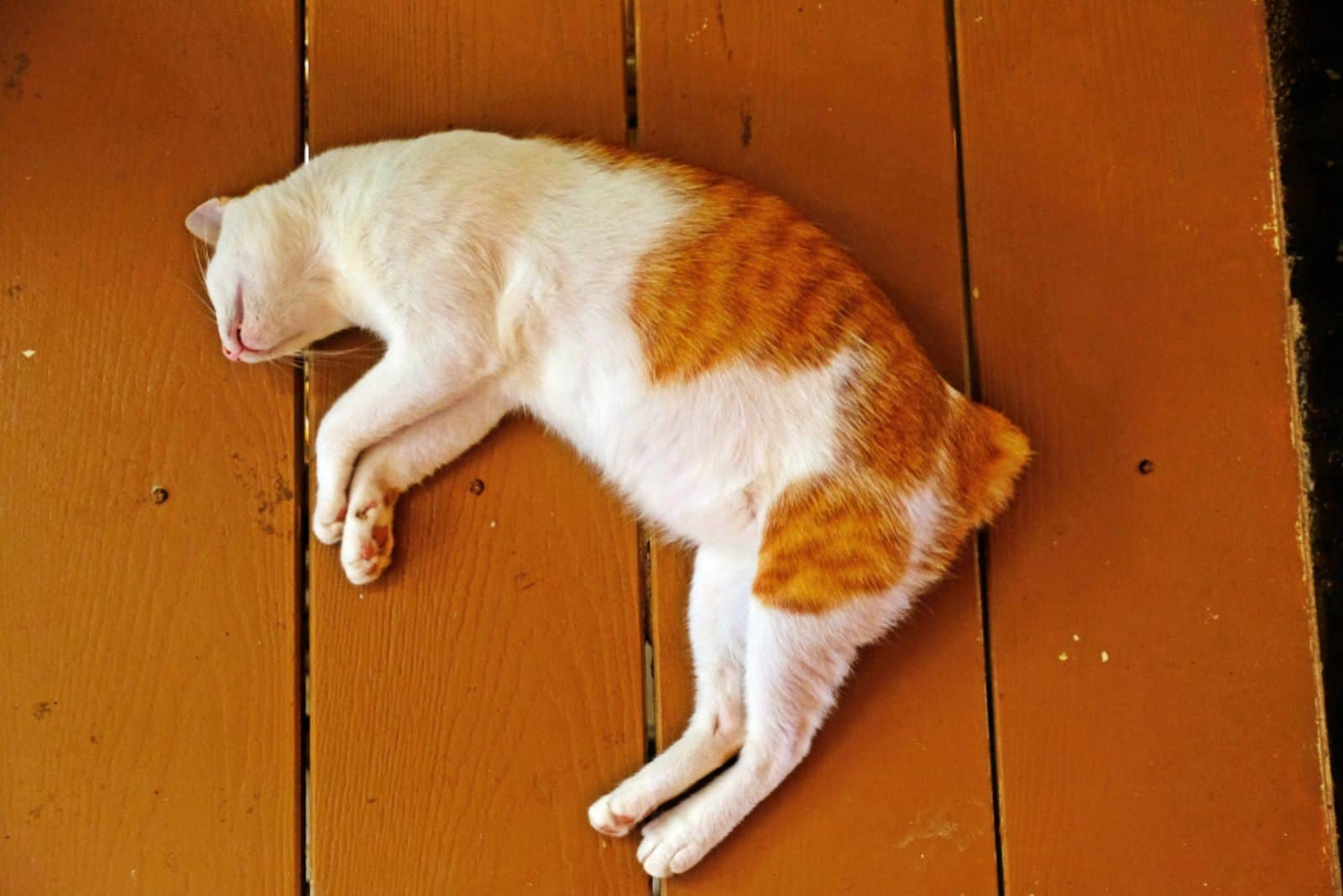
Sudden death in felines usually occurs without a warning, and most of the time, it is caused by an underlying medical condition.
When you witness a sudden death after bathing, you might conclude the cat died due to the bath. However, most of the time, the bath itself had nothing to do with the cat’s sudden passing.
The most common causes of sudden death in felines are heart disease and anaphylaxis, but an underlying infection, a more serious medical condition, or a trauma can be the cause.
The leading cause of death in felines is heart disease, and it’s possible for a cat to die from a heart attack but the timing of death is, coincidentally, after a bath.
When it comes to infections, the most common infections that can cause sudden death in felines include feline leukemia virus (FeLV), feline immunodeficiency virus (FIV), and feline infectious peritonitis (FIP).
If a cat develops a severe allergic reaction to, for example, a shampoo, or an essential oil diffused throughout the bathroom, it can die.
Trauma, such as being hit by a car or falling from a great height, can cause sudden death in felines. If a cat hides the fact that it’s been injured, it can die suddenly, for example, due to internal bleeding.
Suggested: Is It Possible Prednisone Killed My Cat? All You Need To Know
A Vet’s Opinion About What Most Likely Caused A Cat To Die After A Bath
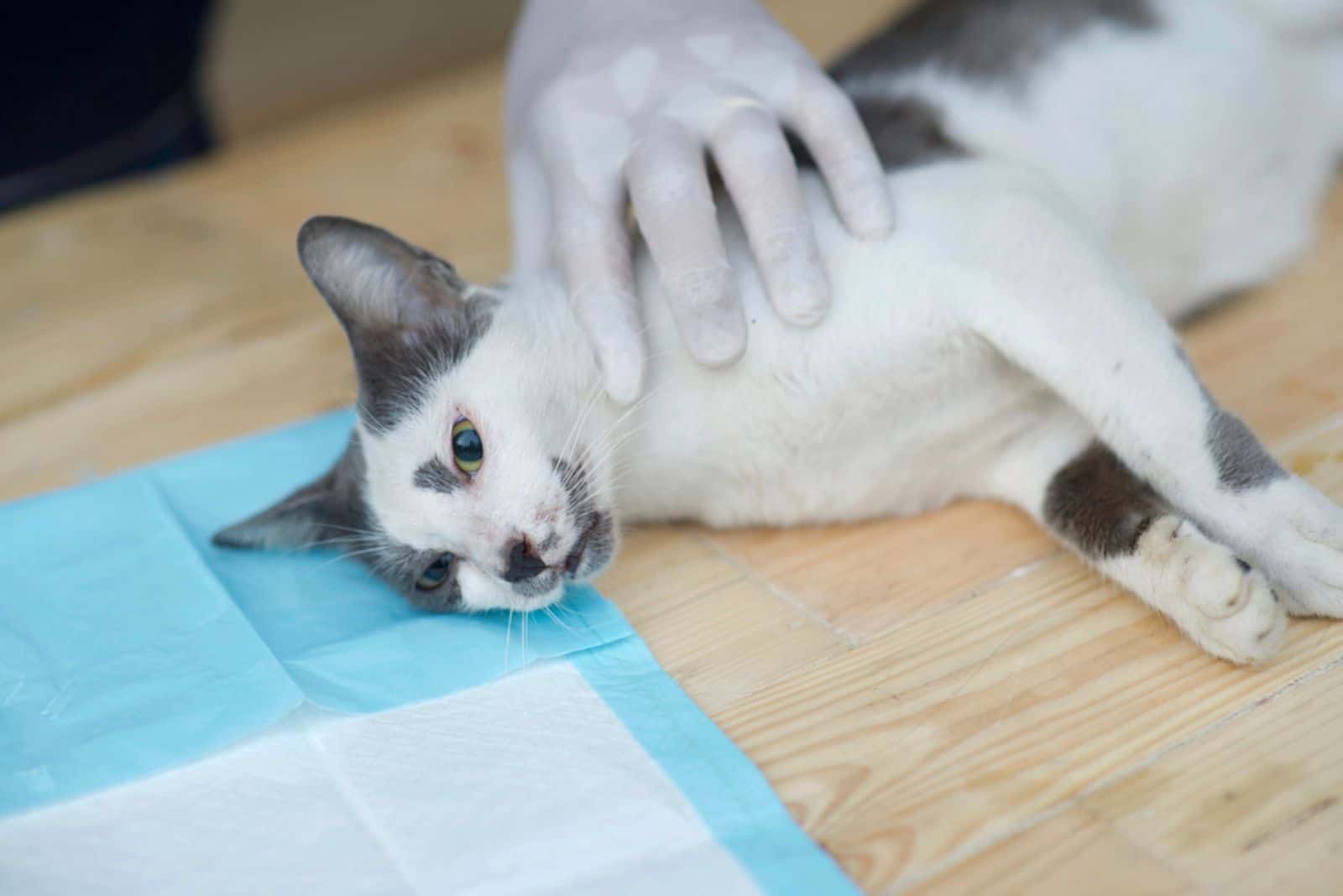
I’ve personally never experienced a situation in which my feline patient died after a bath, but if I did – my first suspicion about the cat’s cause of death would be (untreated) heart disease.
I would suspect the cat had subclinical heart disease, meaning it had a cardiac condition that was not yet detectable, which made the cat prone to acute heart failure in response to stress.
Cats are generally more prone to stress than dogs and can react poorly to environmental changes. As a result, baths can be stressful for cats.
Most likely, the cat was already ill before the bath, and its death was not a direct result of being bathed.
Can Heart Disease As The Cause Of Death Be Confirmed?
It is possible to confirm (or disprove) that the cause of death is heart disease (heart failure, to be more specific).
However, not many pet owners ask us vets to determine, with certainty, what the cause of death might be. If they insist, an autopsy can be performed.
Autopsy is a medical procedure in which the body of a deceased animal is examined to determine the cause of death.
Let me note that a necropsy is not always necessary or possible in determining the cause of death and that a diagnosis of the cause of death may be made through other methods, such as a medical history review.
For example, if I knew my patient (the cat that died) had a history of heart issues, It’s pretty safe to say that the most likely cause of death for that cat is heart failure.
The Importance Of Regular Veterinary Check-Ups
Cats have the instinct to hide when they are sick or injured as a way to protect themselves from potential predators.
Because cats are so good at hiding their pain and discomfort, they can be sick for a long time without their owners even realizing it!
It is recommended that adult cats visit the vet annually for a routine checkup!
Cats older than 7 years old may need to go to the vet more often, potentially every 6 months.
A simple vet visit can potentially catch a disease that the owner was unaware of!
By diagnosing a disease early on, treatment can be started as soon as possible, improving the chances of a successful outcome.
How To Bathe A Cat Properly: Lower Stress Levels And Prevent Hypo- And Hyperthermia
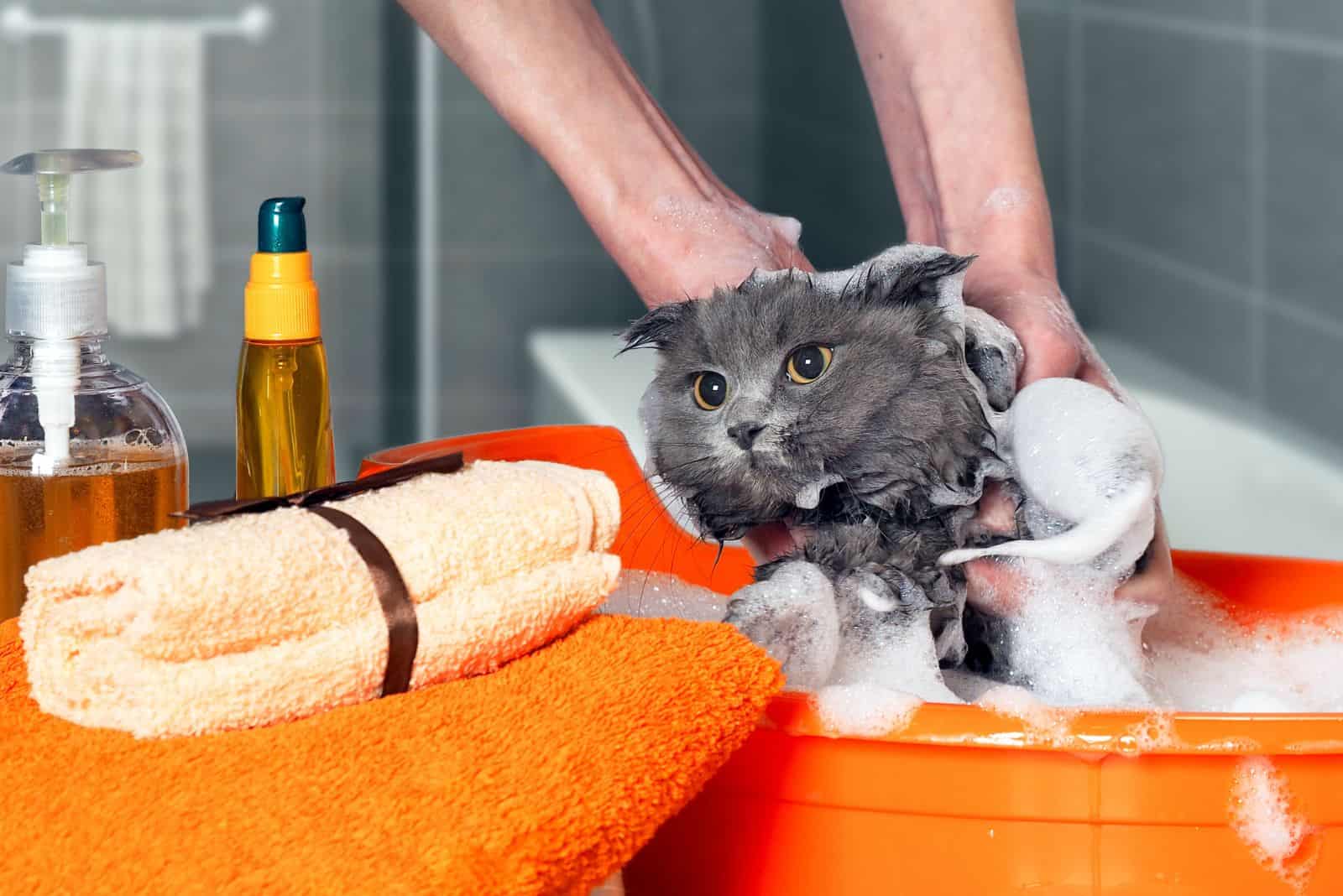
As we all know very well, cats are self-cleaning animals and do not need frequent baths.
However, there may be times when it is necessary to bathe your feline companion.
Whether you have an indoor cat that gets dirty or an elderly cat struggling to groom itself, it is crucial to know how to properly bathe a cat to lower stress levels and prevent hypothermia or hyperthermia!
So how do you ensure your cat’s bathing experience goes on smoothly? Here’s some tips you can try:
🐾 Before you begin the bath, prepare everything you will need, including a tub or sink with lukewarm water, a special cat shampoo, a washcloth, and a hairdryer.
🐾 It is also a good idea to have a special treat to reward your cat after their bath. Treats can help the kitty associate bathing with positive experiences (such as getting a yummy treat!).
🐾 To begin the bath, gently wet your cat’s coat with a washcloth or a cup of water, taking care not to get water in their ears or eyes.
🐾 Once your cat’s fur is wet, apply a small amount of cat shampoo and work it into a lather, carefully avoiding their face.
🐾 Rinse your cat thoroughly, making sure to remove all of the shampoo from their fur. Left-over shampoo can cause skin irritation, which is not something you want.
🐾 After the bath, it is important to thoroughly dry your cat’s coat with a hairdryer set to a low or medium setting.
🐾 Wet fur can take a long time to dry naturally, especially if the cat has long or thick fur. Leaving the cat with wet fur for an extended period can make the cat uncomfortable and even sick, so pet owners – make sure to dry your cat as soon as possible.
And there you have it – all tips I can give you.
By following these steps and preventing hypothermia and hyperthermia, you can help ensure that your beloved cat has a safe and stress-free bath experience!
And if you’re unsure how to safely bathe your cat, take your cat to the groomer!
And remember, even though cats are generally self-cleaning animals, they don’t need a bath very often!
This might not apply to arthritic cats – for them, frequent warm baths can be extremely beneficial in relieving joint pain!
Old cats might also need a more frequent bath, as they are not so keen on self-grooming as they age.
How Can I Calm My Cat Down Before A Bath?
If your cat becomes agitated or anxious before a bath, it can make the bathing process more difficult and potentially unsafe for you and the cat.
I’m sure we’ve all experienced our furry friends becoming fussy and agitated, which leads to a not-so-pleasant bathing experience.
Cat lovers, you must be wondering How can I calm my cat down before a bath?
This is what I do:
🐾 Use pheromone diffusers. Pheromones are chemical signals that can help cats feel calm and relaxed. Pheromone diffusers, such as Feliway, release synthetic pheromones into the air that can help reduce anxiety and stress in cats.
🐾 If your cat is not used to baths, it may be helpful to gradually acclimate them to the process. Start by simply running the water and letting the cat sniff and explore. Then, try wetting a small area of the cat’s fur and gradually increasing the amount of water.
🐾 I’ve already mentioned this, but give your cat treats and praise during the bathing process to help reinforce the idea that baths are a positive experience.
FAQ
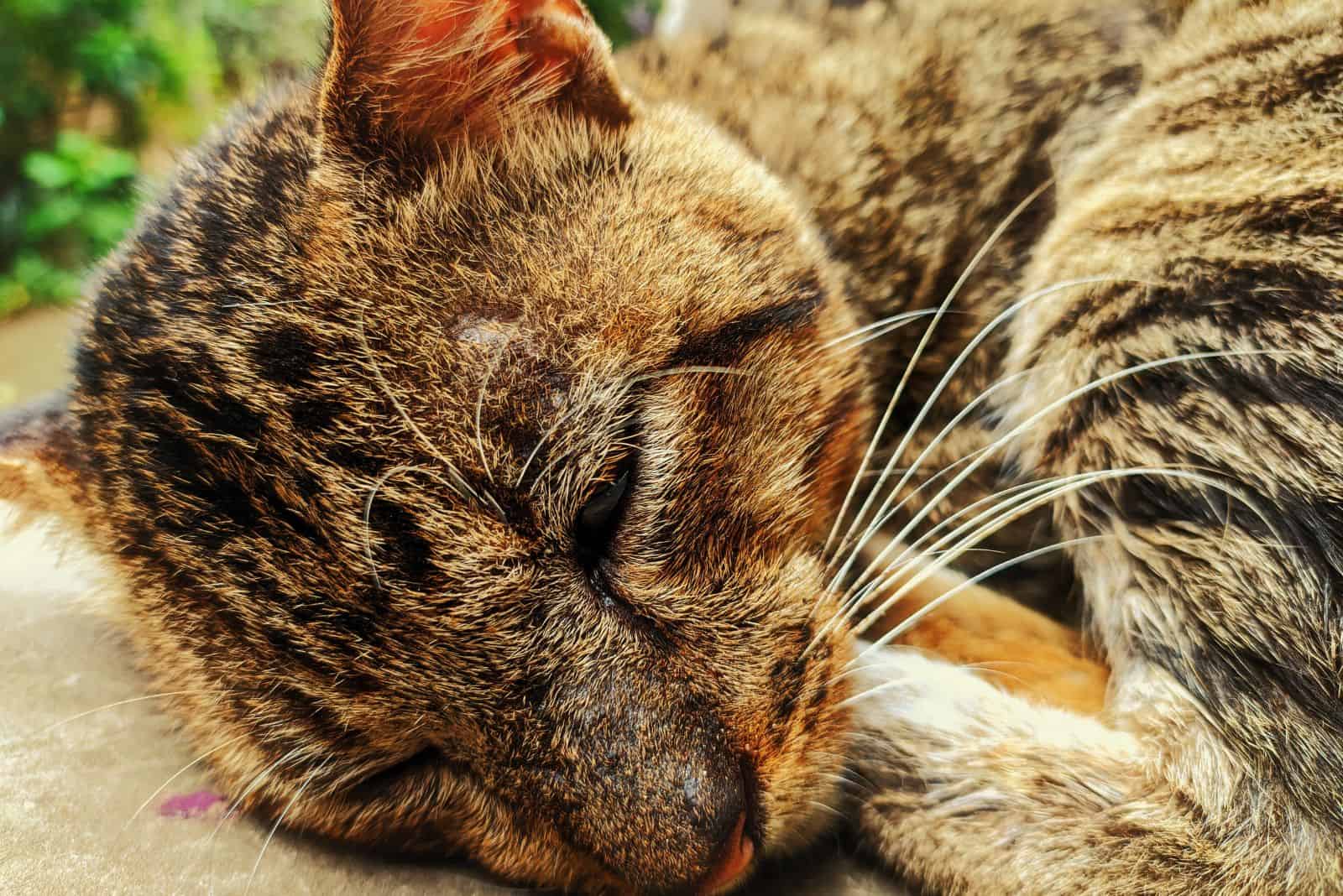
Can A Cat Die From A Shower?
Cats cannot die directly from getting a shower/ bath.
However, if a cat is old, sick, or has a serious underlying medical condition, the stress caused by a bath can lead to a cardiac arrest.
It is also important to note that cats may panic during a bath and attempt to escape, which can lead to injury or even death.
Therefore, you must try to ensure a safe environment for your cat, which can make the cat more comfortable with bathing.
Can A Bath Traumatize A Cat?
Cats are very sensitive to changes in their environment, and the unfamiliar smells, textures, and sensations of a bath can be extremely overwhelming and frightening for the poor kitties..
Cats are not accustomed to being submerged in water and having their fur lathered with soap, and when they’re forced into a bath, a cat may become fearful and defensive, leading to intense anxiety and stress.
Why Does My Cat Have An Abnormal Breathing Pattern After Bath?
After a wash, some cats could have strange respiratory patterns.
This is most likely the outcome of the stressful bathing experience, which may raise the cat’s heart rate and produce fast breathing.
Even though it’s uncommon, it’s possible for the cat to have trouble breathing since warm water can make its airways expand, which makes it difficult to breathe.
Using soaps and shampoos can irritate the respiratory system, making breathing issues worse.
Is It Normal For A Cat To Die After A Bath?
It is not common for cats to die after a bath. In most cases, the timing of death accidentally coincides with the time after bathing.
I’ve had a cat owner come in with a cat that ate some soap on the side of the bathtub, which led to the cat developing serious health issues. The cat is okay now, luckily!
It’s important to note that bathing is stressful for many cats, and cats with pre-existing medical conditions can have an adverse reaction to bathing.
Therefore, cat owners, try your best to calm your kitty down before bathing them!
In Conclusion
Has your cat died after a bath? What could have happened?
It is very unlikely that the bath was the direct cause of death!
It’s important to consider any underlying health issues a cat might have had, as they’re more likely to be the cause of death. Very often, heart disease is the cause of sudden feline death.
I cannot stress the importance of regular veterinary check ups enough, even if the cat seems healthy.
These check-ups can catch the disease on time if your kitty has any underlying issues.
If you last had your feline visit the vet quite some time ago, call a vet and schedule an appointment today!

